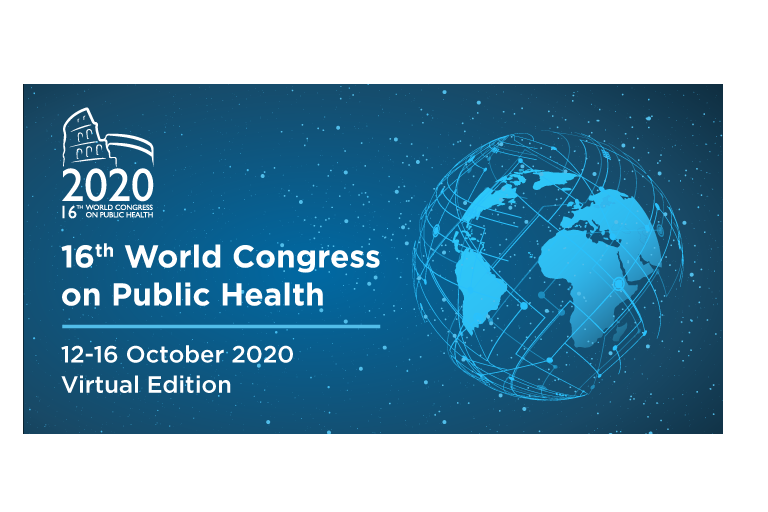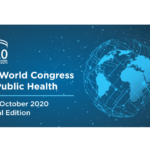By: Rachel Ewing
A health checkup involves some standard measures of physical health that any patient can find familiar: Height, weight, blood pressure, and so on. And medical professionals routinely ask about some behavioral measures such as alcohol and tobacco use. Medical and public health experts know there are many more social and behavioral aspects of people’s lives that have a direct impact on how healthy they are, and that taking those details into account can yield better diagnoses and treatments for individuals. If that information can be aggregated and collected at a population scale, it can also guide development of better-designed health care systems and improved population-wide health outcomes.
However, there is currently no standard agreement on which behavioral and social information medical professionals should collect from patients, and no systemic use of these measures in the U.S. health care system.
When health data systems are designed to collect information about social factors including financial challenges and social isolation, not only are physicians better informed about the underlying determinants of their patients’ health, but data in aggregate can be de-identified and used by city and regional public health departments to better understand their populations’ broader needs.


























